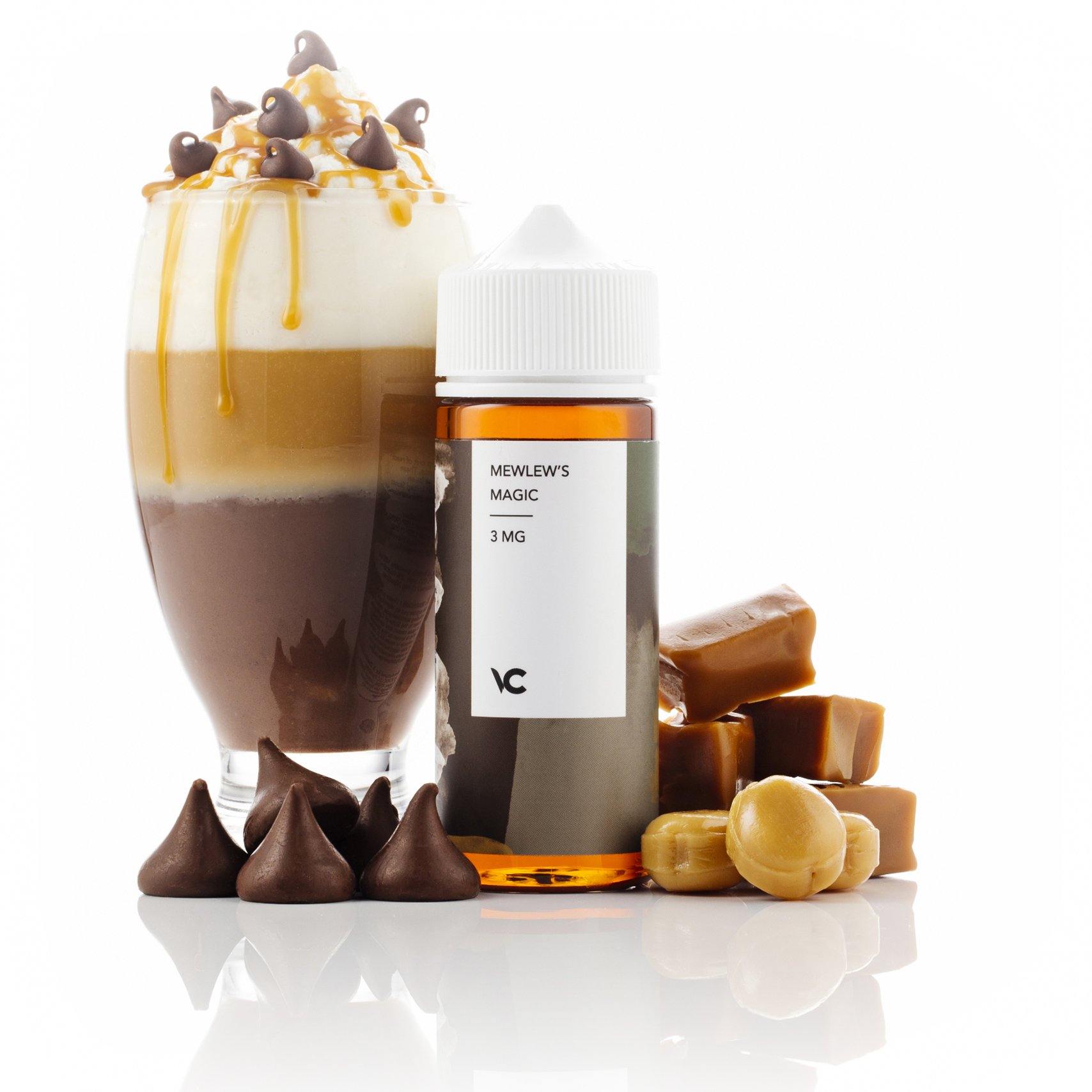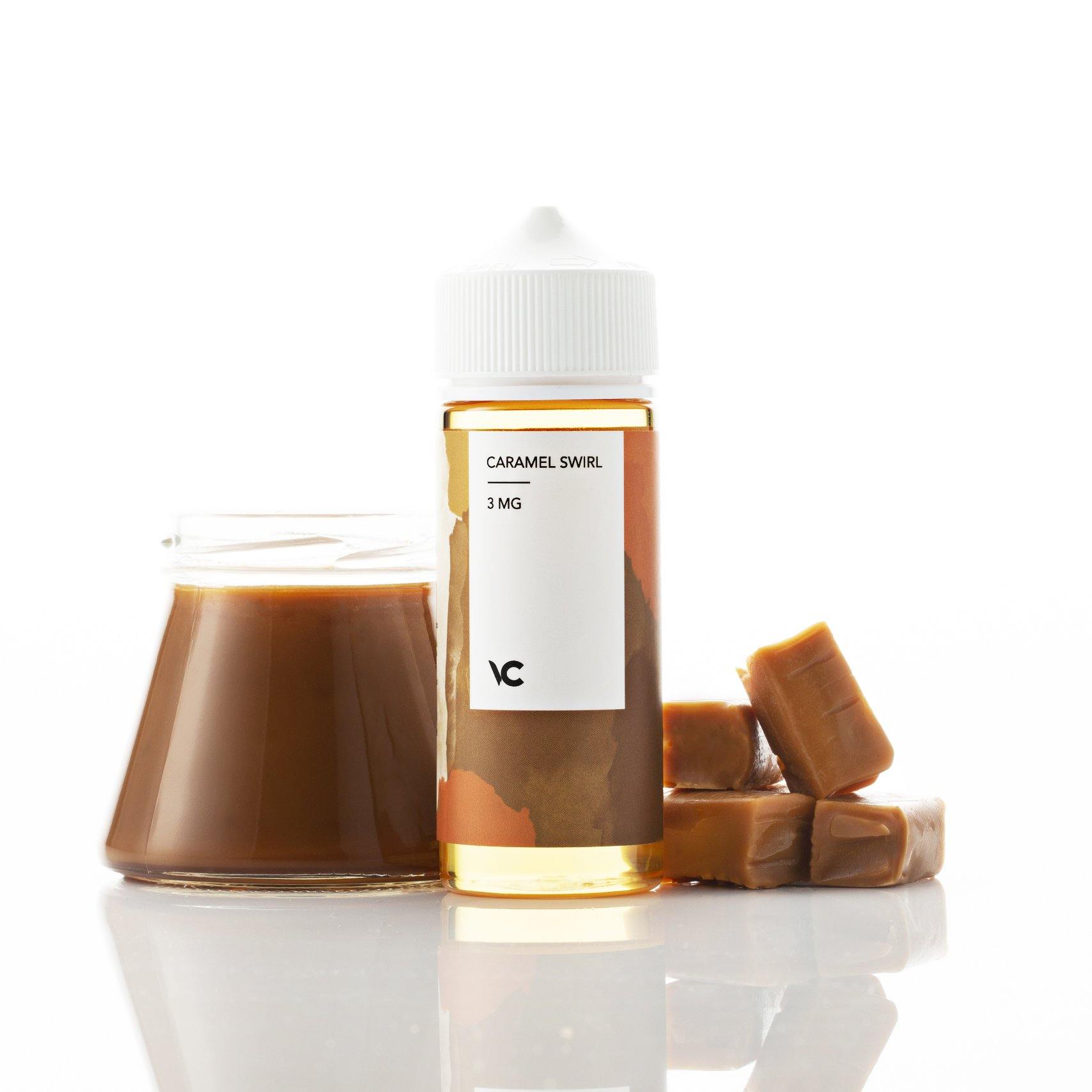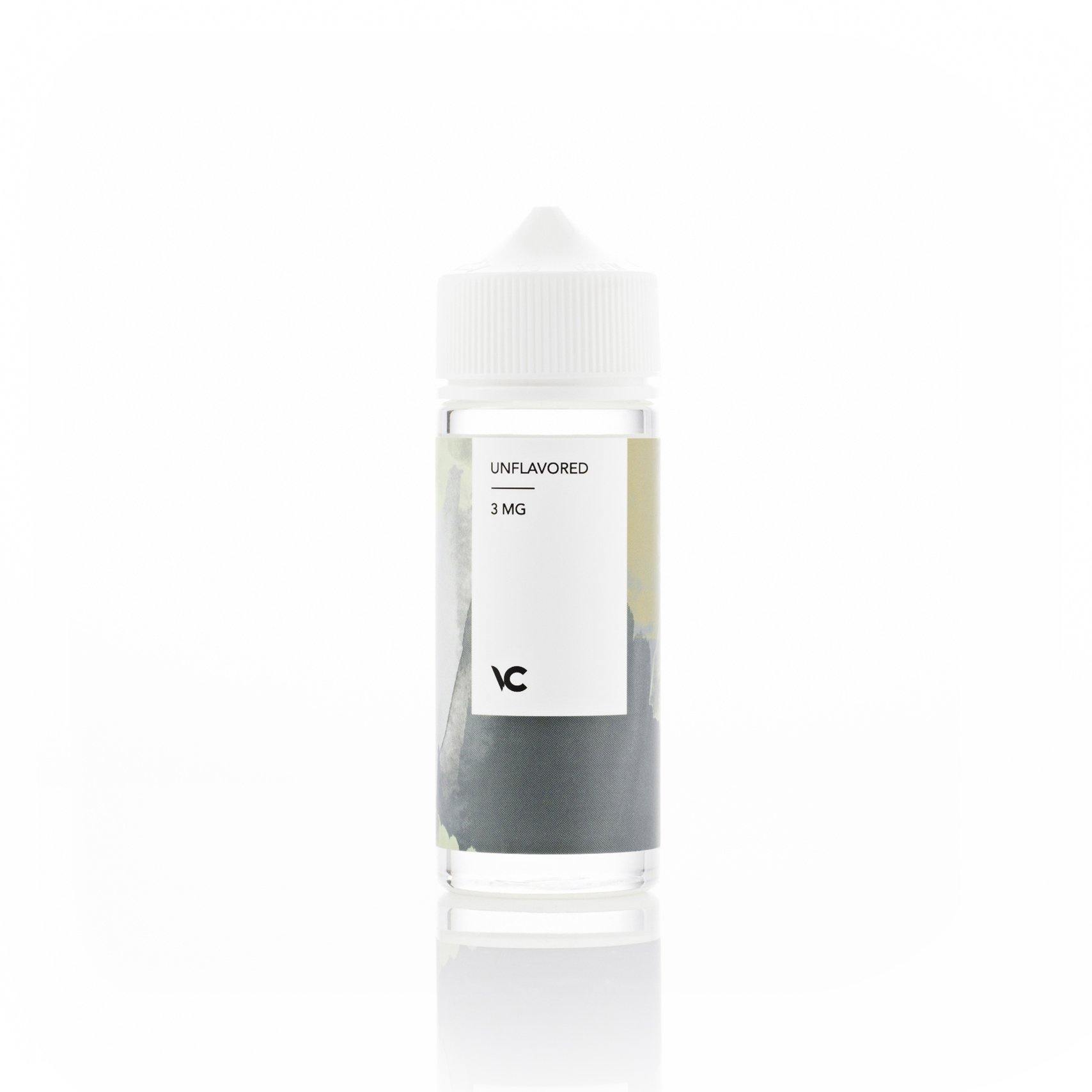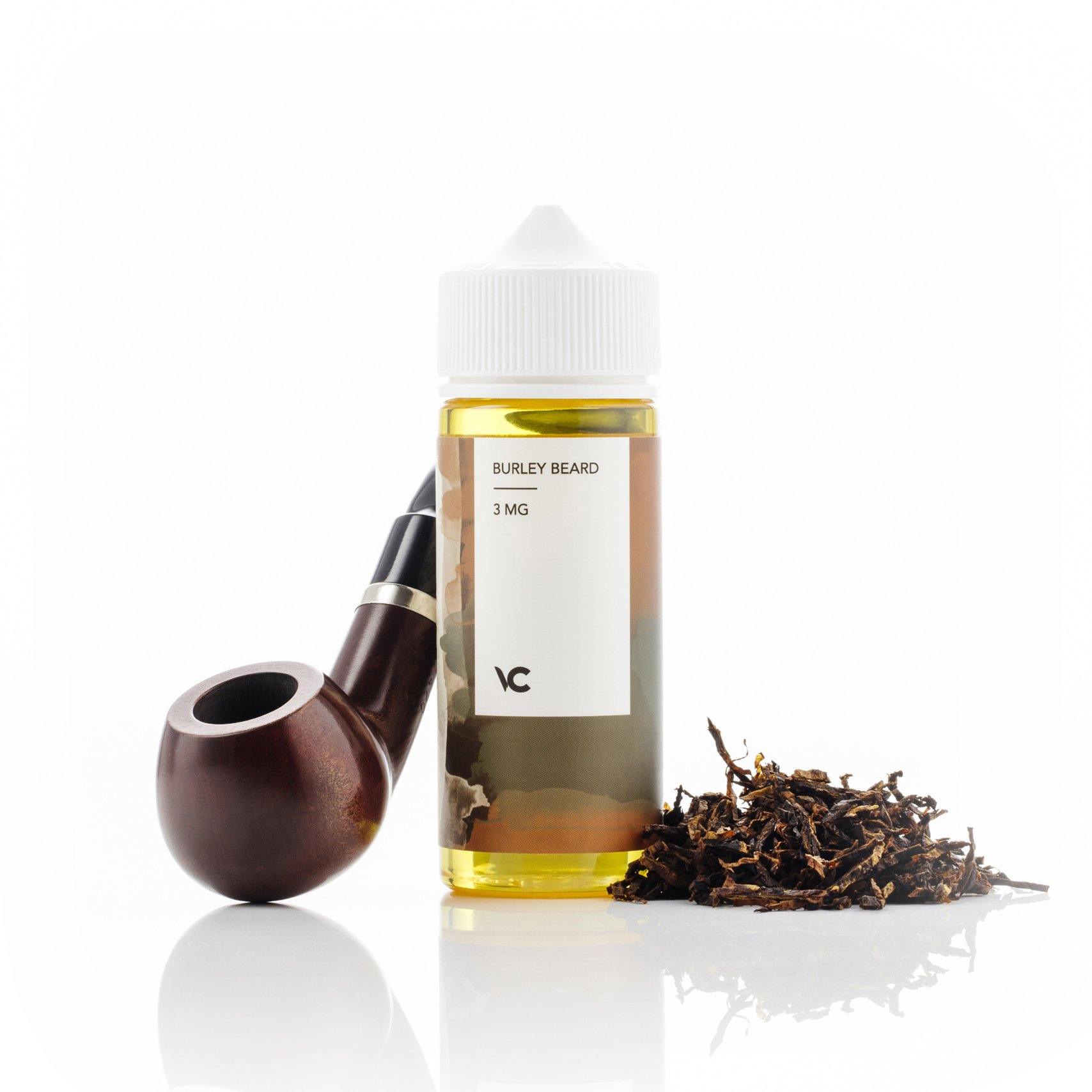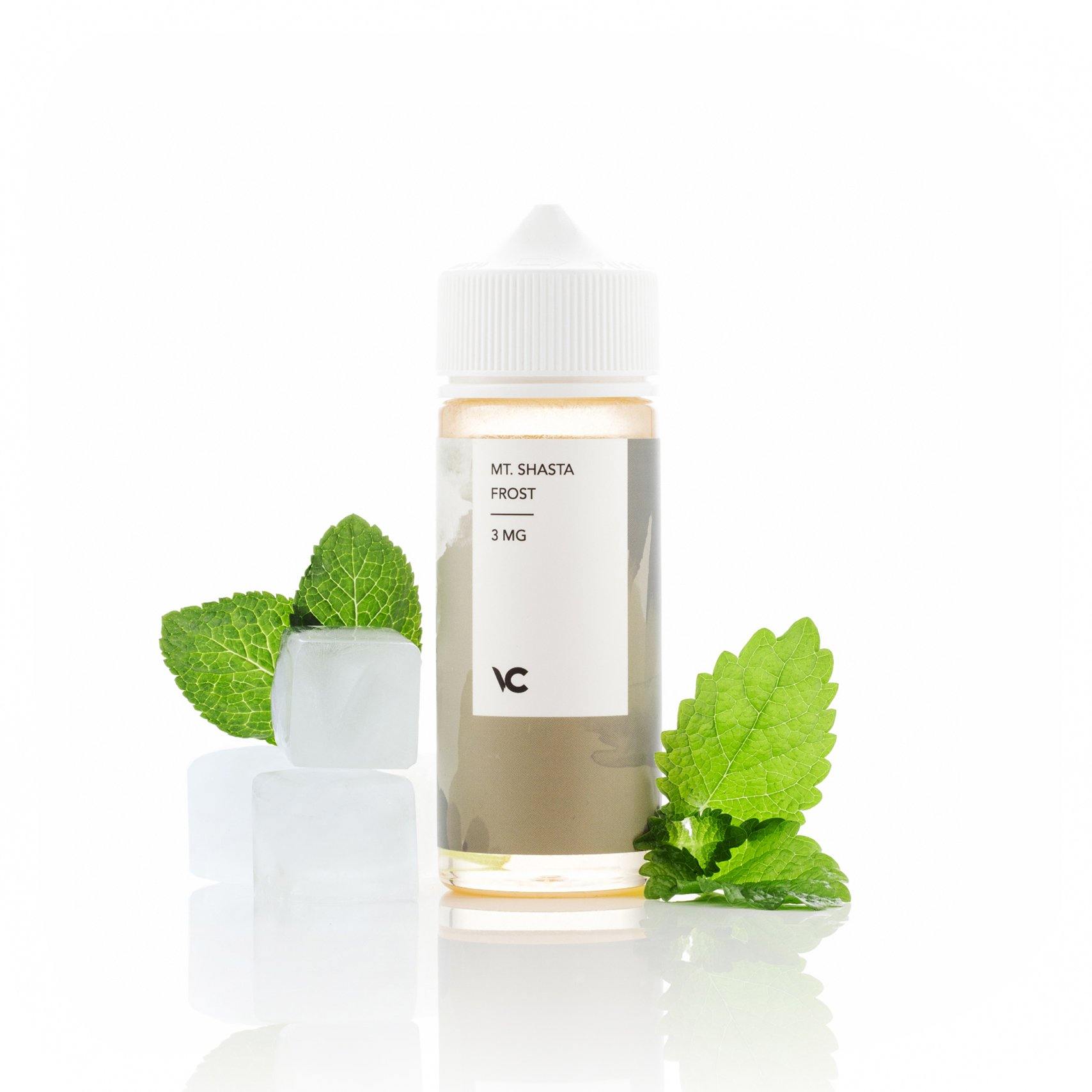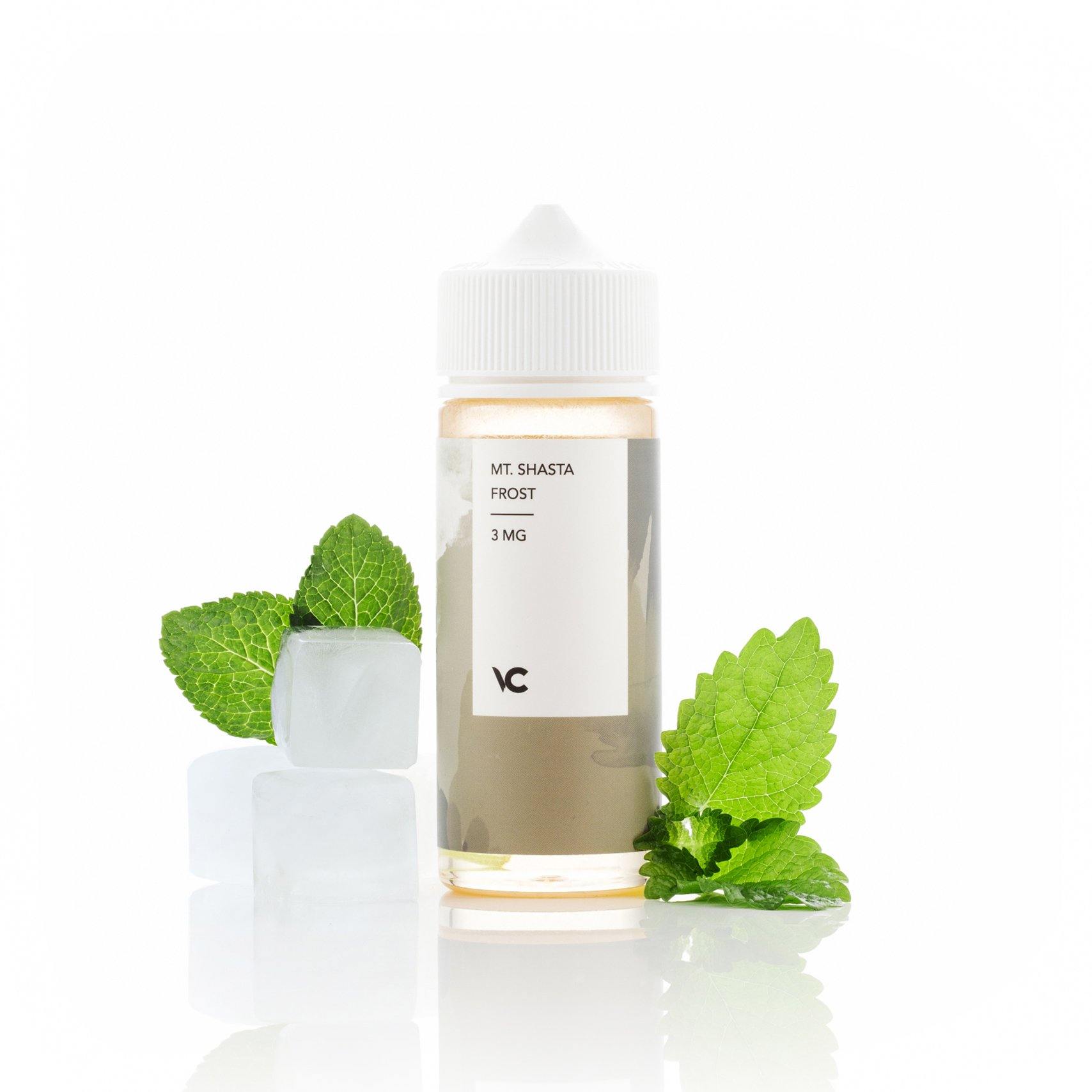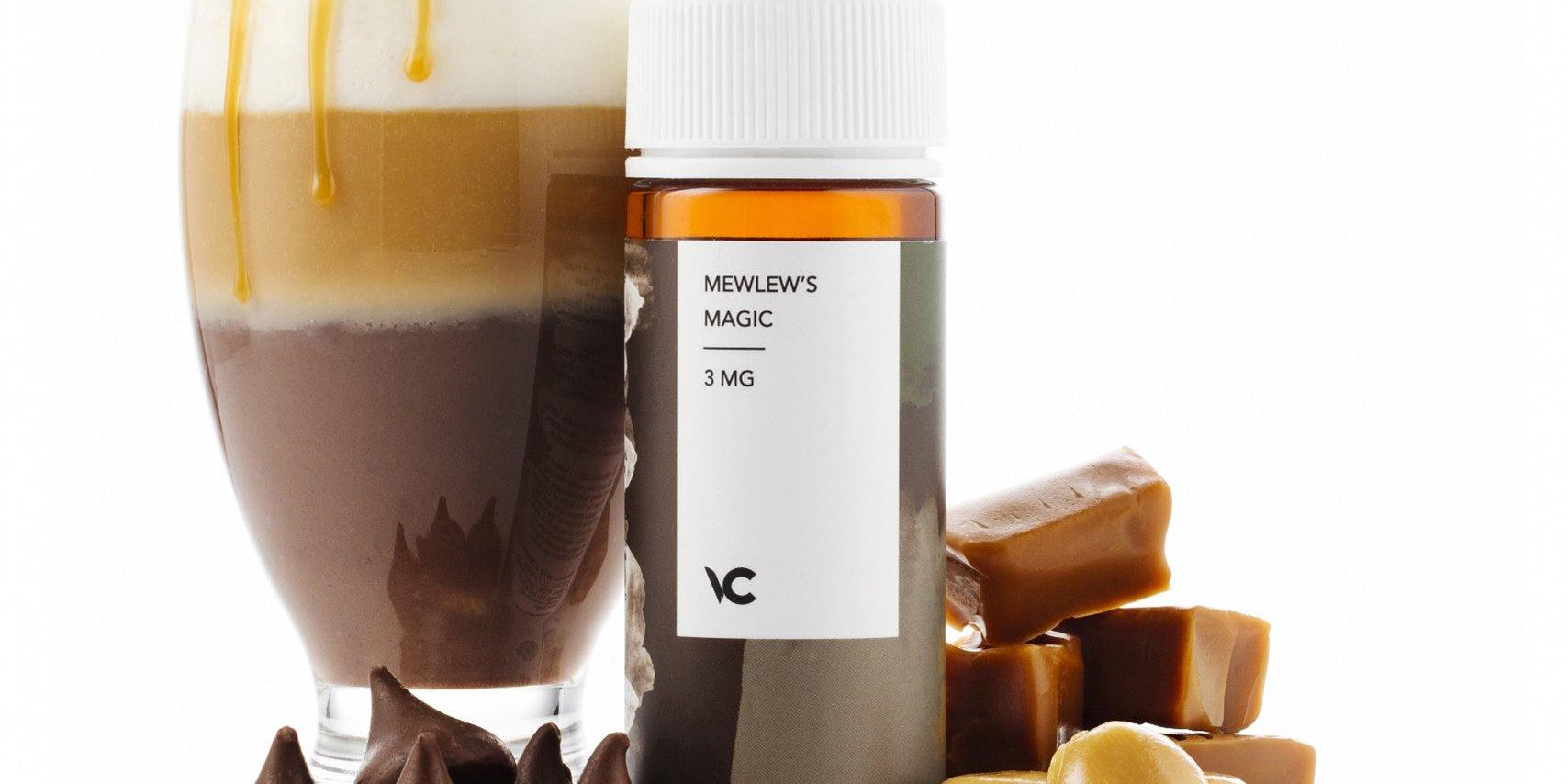The dissemination of information about vaping has been as muddled and awkward as you would expect for a revolutionary development uprooting hundreds of years of tradition. While there is plenty of credible evidence pointing to the health benefits of switching from cigarettes to vaping, wild claims and attention-grabbing headlines have made it much more difficult to figure out where the debate actually stands. The good news is that the wealth of information about the dangers of smoking make it an unfair fight, leading to some important conclusions even with the relatively limited number of studies. From claims of dramatic reductions in carcinogens to the possibility of weight loss, here is a breakdown of the merits behind some of the key health benefits being commonly associated with switching to e-cigarettes.
Cutting down on the carcinogens.
Reducing carcinogens is one of the most important public health goals in the world, which has led to a complete overhaul of laws governing smoking in public places over the last few decades. It's also a fundamental reason why millions around the globe try to quit smoking each year, as the cancer risks of smoking cigarettes are obvious and very well-established at this point. That's also why it can be difficult to make the argument that vaping is a great way to quit smoking unless there's evidence that you're also dropping your exposure to carcinogens, which gave anti-vapers a leg up in the early stages before there was much data on either side. But now that the evidence is beginning to mount, we can say with some confidence that your exposure to carcinogens drops dramatically the moment you make the switch to vaping.

One of the main studies to show exactly that was one completed in 2016 by Roswell Park Comprehensive Cancer Center, one of the oldest and most respected cancer institutes in the United States. In a thorough study of subjects moving from cigarettes to a pretty basic EC, the study found that toxin and carcinogen levels fell substantially while nicotine levels were nearly identical. They also showed that about half the test subjects were able to quit cigarettes altogether over the two-week span and there was a drastic decrease in smoking by the test subjects across the board. That illuminates a rosy outlook for someone hoping to ditch the most nefarious health risks of smoking while avoiding the shock of pulling your body all the way off nicotine overnight.
The study was also far from an aberration. In 2017, another prominent study popped up from University College London that reaffirmed Roswell's findings, showcasing the same steep drop in measurable carcinogens for subjects moving from smoking to vaping. Nearly as important, vaping also registered extremely similar carcinogen drops compared with using other nicotine replacement therapies (NRTs) like patches and gums, which gave even more incentive for both studies to strongly recommend e-cigarettes as very useful tools in the battle to quit smoking cigarettes.
Can vaping control weight gain?
There's nothing like trying to kick one health problem and replacing it with another, which is why weight gain can be a major deterrent to anyone hoping to quit smoking for good. Though studies fluctuate, the average smoker tends to pack on somewhere between five and 10 pounds in the aftermath of their last cigarette, shaking the nerves of many potential quitters looking to finalize the terms of separation. Instead of going cold turkey, which has murky record of success, many quitters make the switch to e-cigarettes hoping for a seamless transition that will not only get them off smoking but not give them a double-chin for their efforts. Logically, vaping should help with two of the main reasons that ex-smokers tend to put on weight.
First, nicotine is a stimulant that does slightly speed-up your metabolism. Although many high-quality VG e-juices do have nicotine-free options, most former smokers stick with nicotine e-liquids – at least in the early phases of quitting smoking. Maintaining your metabolism after making the switch to vaping shouldn't be particularly difficult, even if you have to try a few different e-juices to find the right one for you.
The other major reason that many ex-smokers pack on the pounds is because of the psychological aspect of smoking. Many smokers avoid over-eating (in particular, over-snacking) by smoking their frustrations and stress away instead of digging into the bag of chips hiding in a bottom desk drawer. Because stress is such a common factor in weight gain, smokers can often avoid one of the leading triggers of weight gain, although the same psychological benefit can also be found in vaping.

Real evidence about weight gain?
But does that actually mean there is evidence that vaping can stop ex-smokers from gaining weight? Despite many claims, the answer is not really. In one non-scientific survey, more than 50% of the 500 ex-smokers said they didn't notice any weight gain after switching to vaping and a little more than 20% even reported a weight loss. Unfortunately, that still leaves us with one in five respondents who gain weight and the questionable methodology, which makes it impossible to draw any real conclusions.
Other online sources point to short articles in academic journals, which paint a promising but incomplete picture. In one helpful article, health experts point to "several potential mechanisms" that help vaping control weight gain in ex-smokers, including "physical mouthfeel" along with maintaining nicotine levels. But while some vaping-news sites have already used this article in Nicotine & Tobacco Research as proof that vaping helps ex-smokers avoid weight gain, the same article concludes that "research on the potential for vaping to support weight control may be worth pursuing..." In other words, they're optimistic about vaping being used as weight control by ex-smokers, but it's also a very brief and speculative article calling for formal research.
Although weight control via vaping is still not settled science just yet, every indication we do have is that vaping has the potential to provide a major physical and psychological boost just as you're getting off cigarettes. Just like with any productive method of quitting smoking, having a plan that also includes other healthy life changes is an easy way to turn the corner as you make the move to vaping. After all, if smoking cigarettes is the only thing keeping you from putting on some fresh pounds, switching to vaping is also a great opportunity to mix in extra workouts, better eating habits, or simply a more active lifestyle that can help you fully realize a healthier lifestyle that wasn't possible while enslaved to smoking.
Nicotine delivery control (and more).
Cigarettes are not only an obvious health risk, but they also don't give smokers much in terms of control of the substances being smoked. Vaping, on the other hand, gives instant control over the entire process to the user, including how much nicotine is being delivered. While it's not possible to stop using nicotine while still smoking cigarettes, increasingly popular nicotine-free e-liquids make vaping more than just a system of nicotine delivery and give you a way to move completely beyond the stimulant – if desired.
The customization of vaping also allows you to easily match your nicotine habits with the right e-liquid. Though most nicotine levels are between 0-18mg in an e-juice, heavy smokers can find e-liquids with even higher levels of nicotine to give them a realistic shot at quitting cigarettes. That's also part of why vaping has appeal for a wide range of different smokers, as it couldn't be easier to meddle with your nicotine levels until you find the right fit for your nicotine tolerance and lifestyle.
You can also change the way that nicotine hits your body simply based on the actual EC that you use. While a cheaper atomizer might take a little extra nicotine to feel the effects you're looking for, a higher quality RBA or RDA is going to deliver the nicotine much more efficiently, which means you can opt for lower doses of nicotine in your e-liquid and get the same effect.
Having a plan for your nicotine delivery is also an essential part of quitting smoking, as most estimates point to nicotine replacement therapy methods yielding about twice the success rate as those who do it on their own. Not only do some very prominent studies suggest vaping cuts carcinogens at about the same rate as traditional NRTs, vaping also provides the next level of control to assist in the handling of such a critical part of the process. And if your goal is to both quit smoking cigarettes and decrease your nicotine consumption (or get rid of it altogether), vaping can be the gradual slope that takes you there.
Debunked claims still hanging around.
Even with extremely clear studies pointing out the immediate health benefits of switching from smoking to vaping, a slew of headlines plastered all over the internet and social media have (falsely) claimed to have found the canary in the coal mine. One study that made a splash claimed that ECs could produce formaldehyde with one noteworthy side note: you had to use a very low-grade atomizer and vape at a temperature no one actually vapes at. And yet the headlines quickly buzzed around the internet before all the details were analyzed, perfectly epitomizing how easily bad information about vaping can hurdle ahead independent of reality. After all, other research has shown that smoking cigarettes can produce as much as 800 times the amount of formaldehyde as a low-caliber EC, making the switch to vaping your classic no-brainer if you're worried about toxins.
In another inaccurate claim, propylene glycol (PG), the base for most e-liquids, was associated with toxic antifreeze even though PG is never actually used in toxic antifreeze. The claim stemmed from the fact that a small amount of PG is used in some of the non-toxic versions of antifreeze, which predictably ended up painting PG as a nefarious toxin on par with drinking antifreeze. The false association actually gets more stretched when considering that PG is considered safe by the FDA and is regularly found in things like may frostings, ice creams, and iced teas.
Since some of the early studies helped to muddy the waters, however, world-renowned cancer experts have shown their own evidence that e-cigarettes can be a huge benefit for those looking to take the step into a smoke-free world. Even in areas where credible research isn't as readily available, like using vaping to control weight gain after smoking, vaping does seem to be a good way to maintain metabolism while avoiding the type of stress-eating ex-smokers often succumb to. Once you add in the personalized control of nicotine delivery and the possibility of easing completely off nicotine, the case for switching from cigarettes to vaping for health reasons appears to only be getting stronger.
